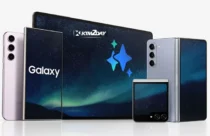SpinQ presents portable Quantum computers in 3 different models
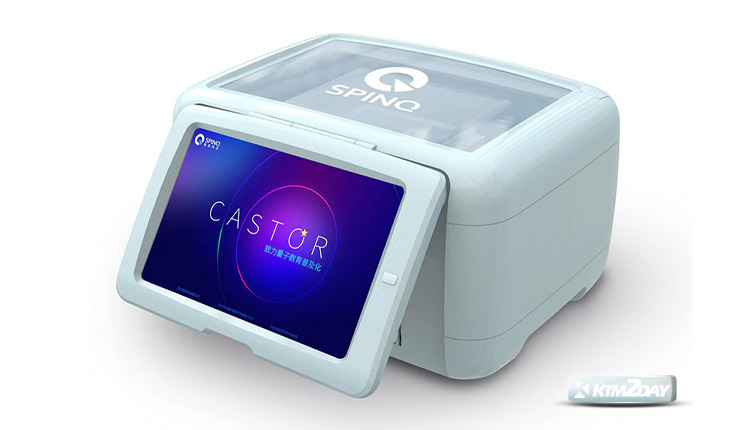
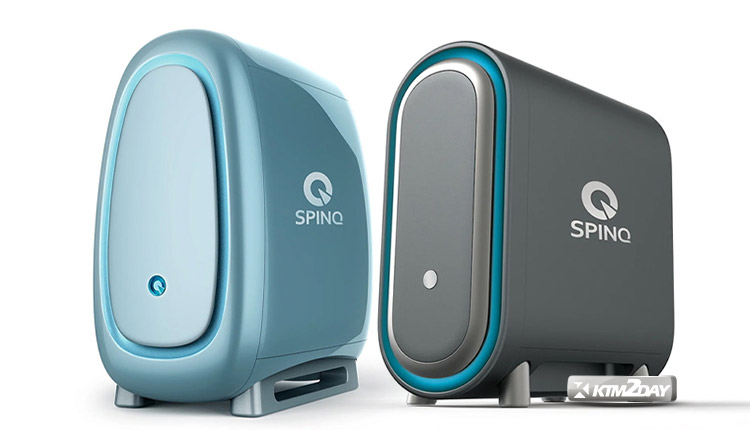
It is expected that artificial intelligence (AI) and quantum computing will be the two most important technologies in the foreseeable future, with the latter having the greatest impact on our advancement.
In contrast to the rapid progress being made in the field of artificial intelligence (AI) thanks to several open source projects, quantum computing exploration calls for astronomically expensive and clumsy hardware.
While progress in quantum computing has been modest, companies like China’s SpinQ and Japan’s Switch-Science are investigating ways to expand access to this advanced technology.
The SpinQ/Switch-Science’s Gemini Mini, Gemini, and Triangulum portable quantum computers are significantly smaller than the fastest quantum computers currently in use.
Unlike IBM’s Osprey QPU, which incorporates 433 qubits, the most that portable SpinQ processors can squeeze out is 3 qubits.
Smaller qubits necessitate less sophisticated hardware, of course. The portable quantum processor utilizes NMR-based qubits rather than superconducting qubits, which operate only at extremely low temperatures.
Unfortunately, the qualities of quantum entanglement that could make QPUs faster than transistor-based processors are not yet unlocked by this technology.
While SpinQ models are advertised as being portable, even the lightest model still weights 14 kg, so they aren’t quite like carrying a laptop around.
Additionally, the computational resources provided by such models are insufficient to execute sophisticated problem-solving contexts.
These gadgets are aimed to serve as learning tools that expose novices to the field of quantum circuit programming. The prices are also not what most people would expect to pay.

Gemini Mini
The Gemini Mini is SpinQ’s most reasonably priced quantum computer. It has dimensions of 200 mm x 350 mm x 260 mm, a mass of 14 kg, and a dual-qubit processor capable of more than 10 gate operations per dual-qubit circuit or more than 30 operations per single qubit, with a coherence time of more than 20 ms.
It’s the only one of its kind, and its built-in display makes it simple for users to try out up to 18 sample algorithms and peruse accompanying documentation and tutorials. The total power consumption is 60 W, and the price in Japanese Yen is around USD 81,000 when converted.
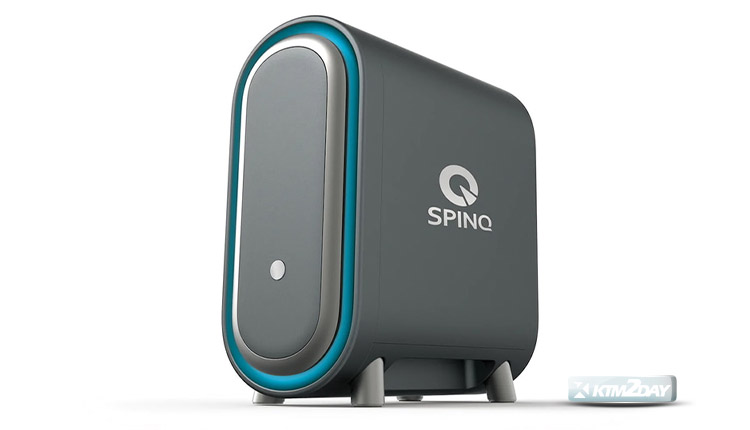
Gemini
The Gemini mid-range variant is not really portable, as its dimensions are 600 x 280 x 530 mm and its weight is 44 kg.
It looks like a rounded PC tower case. The CPU consumes around 100 W, but it still still has 2 qubits with the same 20+ ms of coherence. While the dual-qubit circuit can handle 20 gate operations, a single qubit can handle 200. This can be purchased at a price tag of $41,500 USD.
Triangulum
As a matter of fact, the flagship Triangulum model is only slightly more expensive than the Gemini model, coming in at US$57,400.
This variant weighs 40 kg despite having a larger case that measures 610 x 330 x 560 mm.
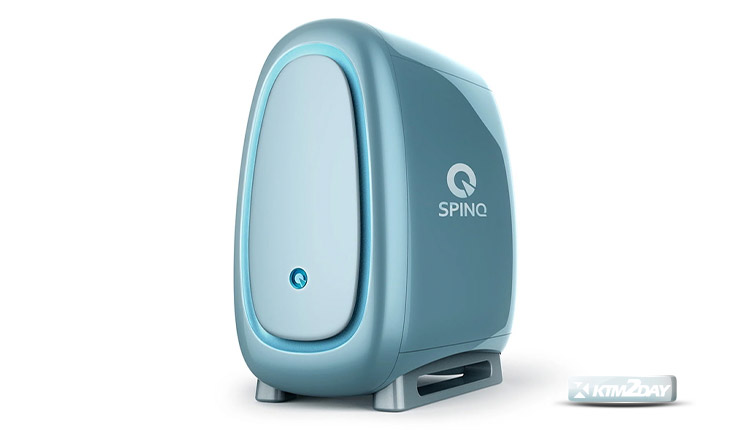
With 40+ ms coherence durations for longer worktimes, it provides a more advanced 3-qubit processor, but at the cost of reduced processing power (40 gate operations per single qubit, or 8 gate operations per dual or triple-qubit circuits). This model needs 330 W of power to achieve the longer coherence durations.
Based on these prices, it appears that widespread use of quantum computers is still in the distant future. Even though processing power is quite low at the moment, there is some work being done to miniaturize and mass produce the technology.







